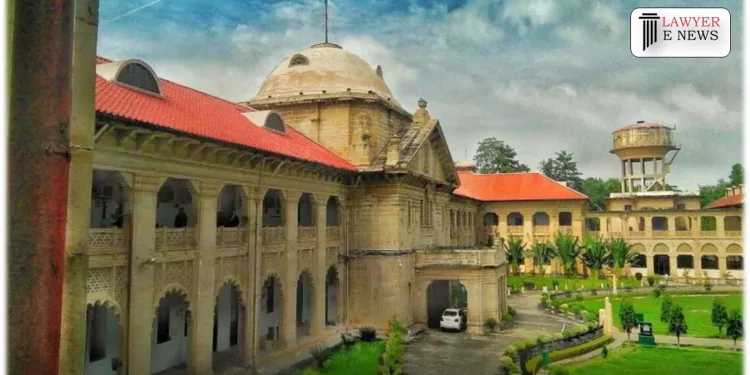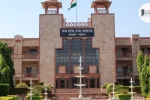Procedure in Departmental Inquiry Adhered to Canons of Natural Justice, No Interference Warranted: Allahabad High Court Upholds Termination

In a significant ruling, the Allahabad High Court has upheld the validity of the departmental inquiry procedure leading to the termination of Charan Pal Singh, confirming that the inquiry adhered to the principles of natural justice.
Legal Background and Petitioner’s Challenge: The case arose from a writ petition filed by Charan Pal Singh under Article 226 of the Constitution of India challenging the order passed by the Presiding Officer, Labour Court-II, Ghaziabad. The petitioner contested the procedural validity of his termination, which was based on the outcome of a departmental inquiry. The primary legal question was whether the inquiry procedure violated the principles of natural justice, thereby affecting the legality of the termination.
Factual Matrix and Legal Issues: The petitioner was terminated from his service on December 18, 2010, following a departmental inquiry. Dissatisfied with the findings and the inquiry process, Singh approached the Labour Court, which upheld the inquiry’s procedural validity on January 17, 2024. The decision was subsequently challenged in the High Court, raising issues about the proper application of Section 11-A of the Industrial Disputes Act, 1947, and the adherence to natural justice during the inquiry.
Detailed Court Assessment:
Adherence to Natural Justice:
The court noted that during the departmental inquiry, the petitioner was given full opportunity to defend himself, including the right to cross-examine witnesses and access necessary documents.
Justice Dinesh Pathak emphasized, “All the documents which have been sought to be supplied have been supplied to the petitioner during the course of the departmental inquiry.”
Scope of Section 11-A:
The High Court detailed the powers of Labour Courts under Section 11-A, stressing that these tribunals have broad authority to reassess and overturn dismissal orders if they find them unjustified.
The court quoted, “Section 11-A of the Industrial Disputes Act clearly denotes the ample power of the labour tribunal to examine the correctness of the findings returned by the Inquiry Officer.”
Decision:
The writ petition was dismissed, with the court affirming the Labour Court’s decision. The High Court held that the petitioner retains the right to challenge the substantive grounds of his termination in ongoing proceedings before the Labour Court. The judgment concluded that there was no justifiable reason to interfere with the Labour Court’s earlier order.
Date of Decision: April 12, 2024
Charan Pal Singh vs. Presiding Officer Labour Court Second Up Ghaziabad And Another






